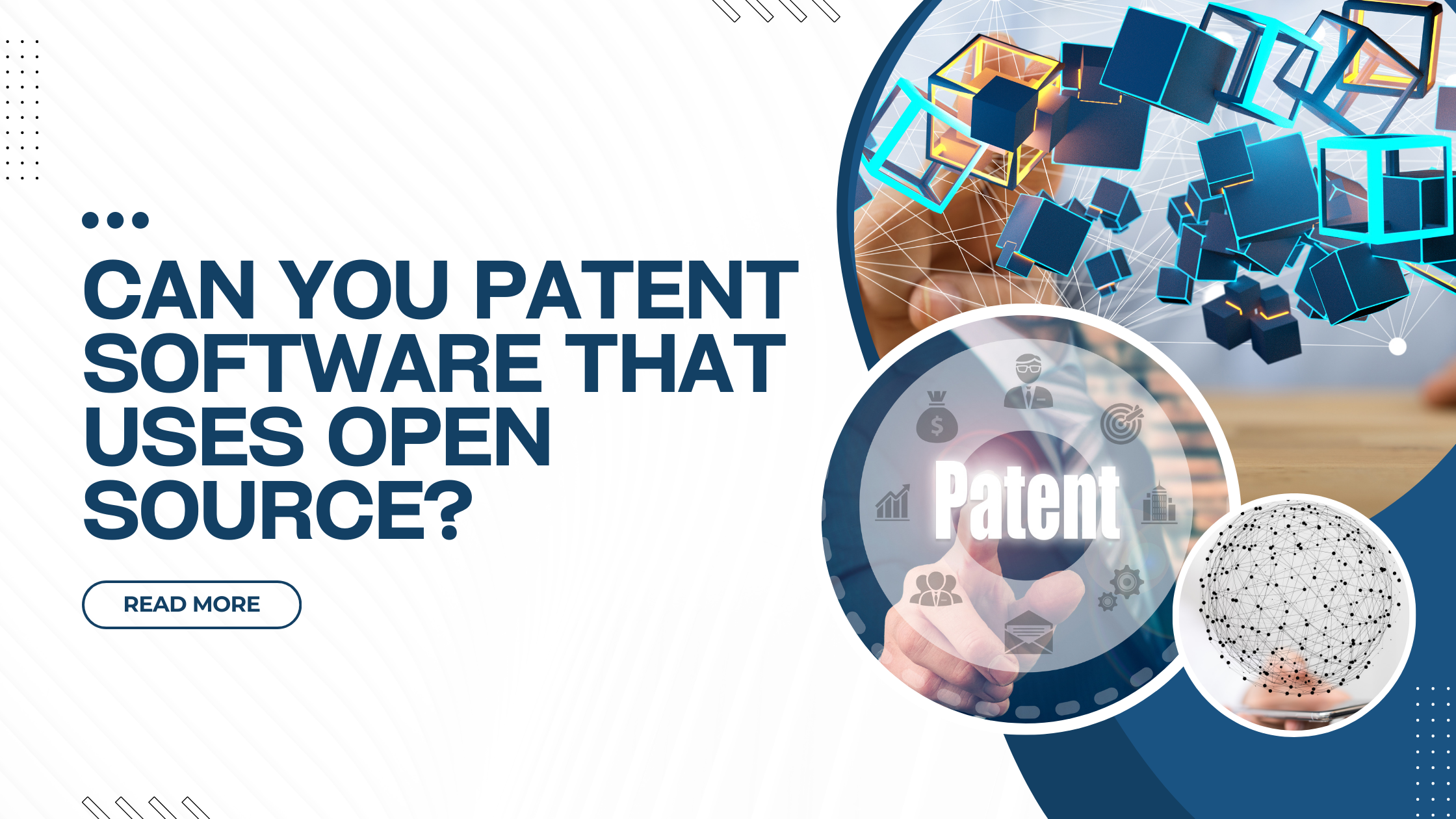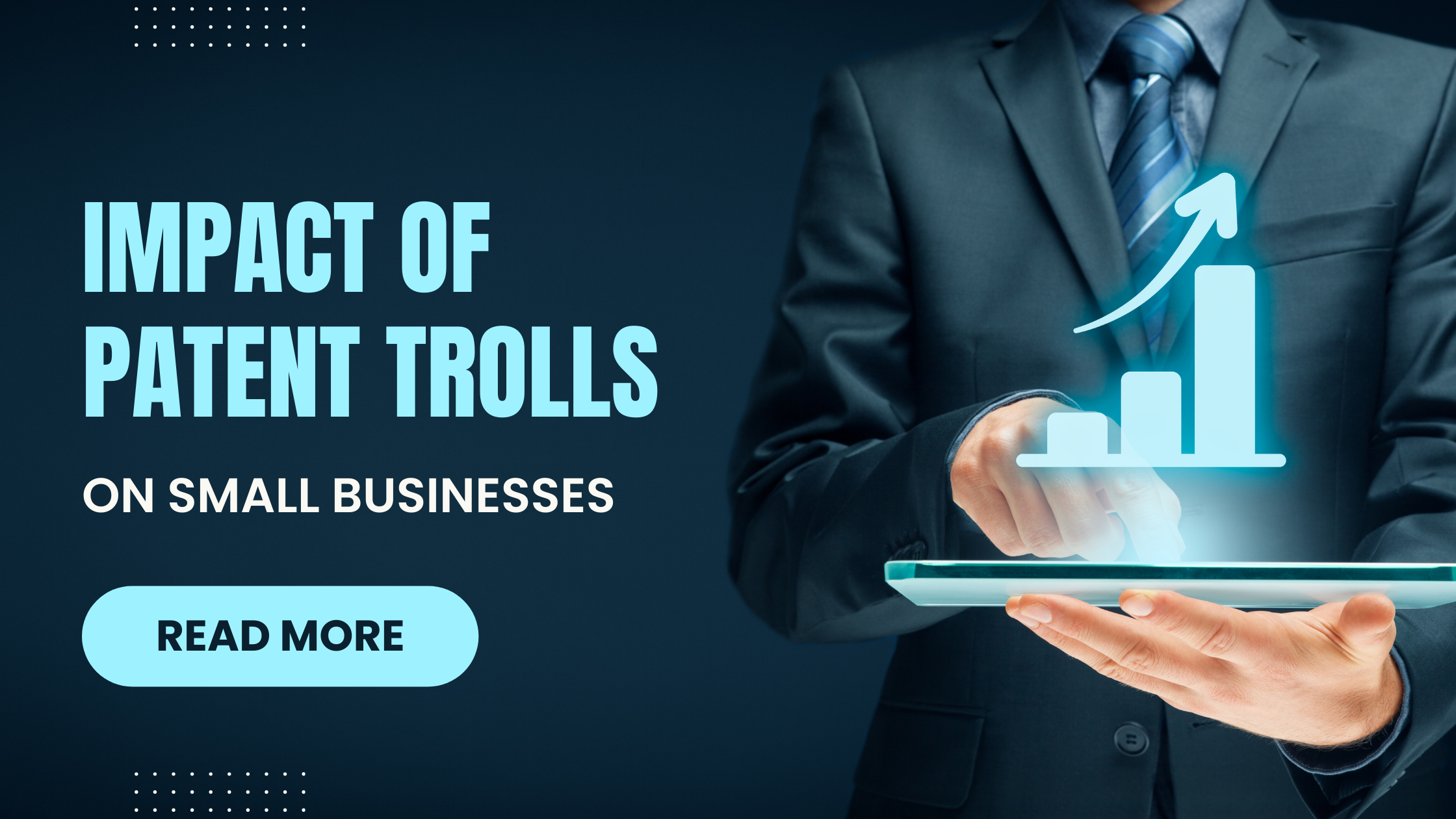Can You Patent Software That Uses Open Source?
We get this question ALL the time, and it reveals a crucial gap in understanding open source and intellectual property.
IP-FY team break this down and empower developers to use open-source tools AND protect their unique inventions confidently.
Myth: “If I use open-source code, I can’t patent my software.”

Reality: Open-source licenses, implementation, and patenting deal with totally separate things.
- Open-Source Licenses: They’re about permissions – using, modifying, and distributing software under specific terms set by the copyright holder.
- Patents: They protect the FUNCTIONAL OR OPERATIONAL aspects of the INVENTIONS – novel solutions to problems, whether the code is open-source or proprietary or a combination.
Example: Your Amazing App
Let’s say your new app helps musicians collaborate remotely. Here’s how open source and patents could BOTH play a role:
- The Framework: You build your app’s core on top of an open-source audio processing library (using their license terms, of course).
- The “Secret Sauce”: You’ve invented a totally new algorithm that allows seamless, low latency syncing between musicians that no other app does. This may be patentable, regardless of the fact that it sits on an open-source foundation.
Key: Your Unique Ingredient
It’s what YOU ADD that patents protect. Did you solve a problem existing open-source tools couldn’t? Did you combine OSS components in an unprecedented way? That’s where potential patentability lies.
Caution: “Viral” Licenses Matter
Some open-source licenses (like GPL) can impact patenting if not handled carefully. If you mix them with proprietary code, there’s a risk you may have to release MORE of your “secret sauce” than you intended. This is where choosing compatible licenses or getting legal advice pays off.
Open Source Can SUPERCHARGE Your Patented Tech
- Faster Development: OSS often cuts down “reinventing the wheel” time, letting you focus on patentable innovation.
- Attracting Investment: A patent PLUS a project with solid open-source foundations shows an understanding of both IP protection and the collaborative tech landscape.
- Licensing Potential: Your patented algorithm (even if built with OSS) can become something you license to OTHERS, creating exciting revenue streams.
Best Practices for Protecting Your Innovations with OSS in the Mix
- Early Planning: Consider your long-term patenting strategy BEFORE incorporating extensive OSS components. Consider your long-game IP strategy BEFORE deep OSS integration.
- License Homework: Thoroughly RESEARCH all OSS licenses you plan to use. Understand their compatibility with your envisioned business model. Compatibility with your intended commercialization matters as much as the OSS code itself.
- Separate and Secure: When possible, COMPARTMENTALIZE your truly unique, patentable innovations from the “plumbing” provided by open-source elements. Try to isolate patentable “magic” from open-source components when possible.
- Consult the Experts: When dealing with complex scenarios, or if a high-value patent is likely, seek GUIDANCE from an experienced IP attorney.
Don’t Let Myths Limit Your Innovation.
Open source and patents CAN live in harmony. Embrace OSS benefits while knowing the unique genius YOU bring to the table is protectable.
Get Free Consultation on Patent Protection with our expert team. Register Now





